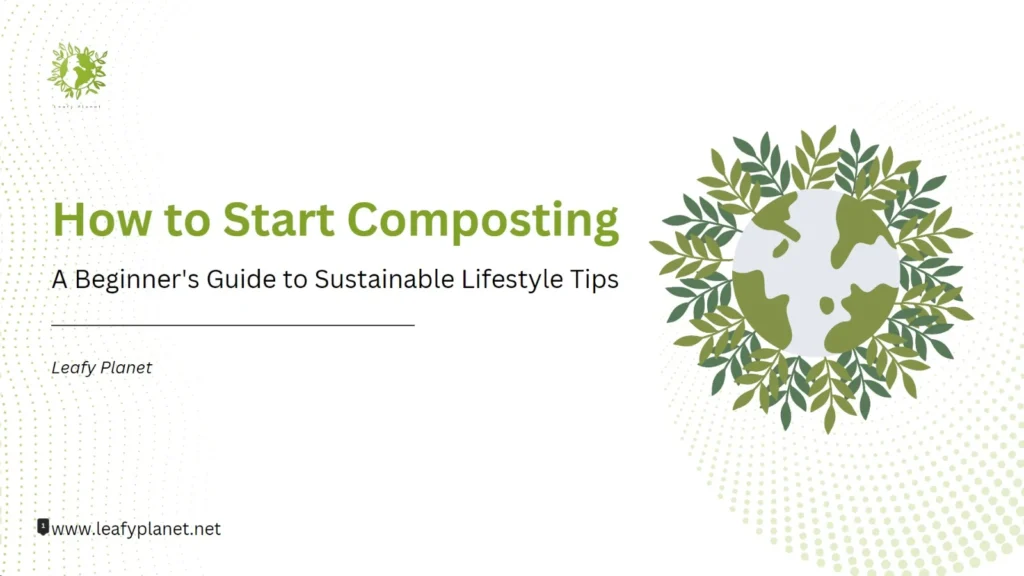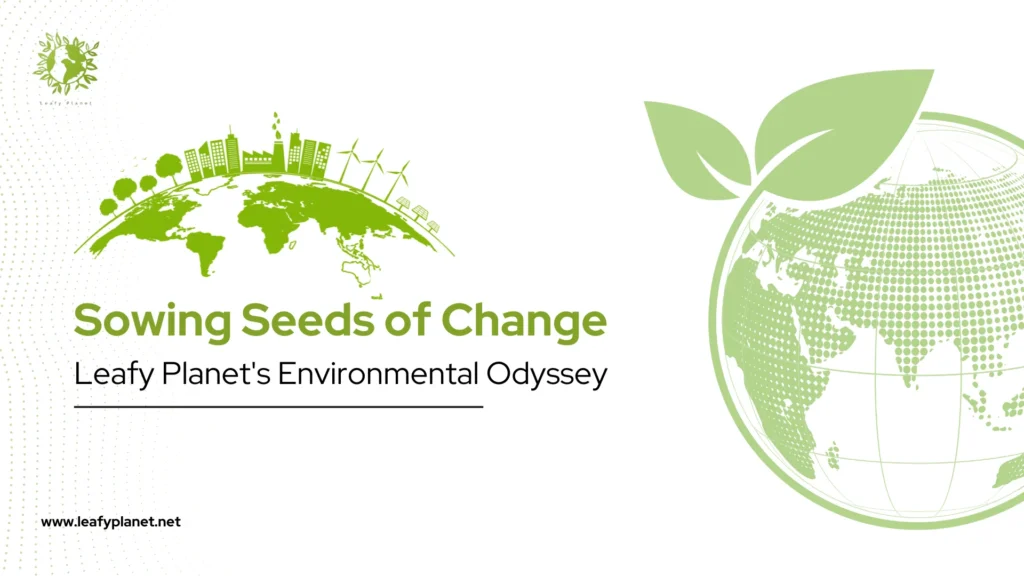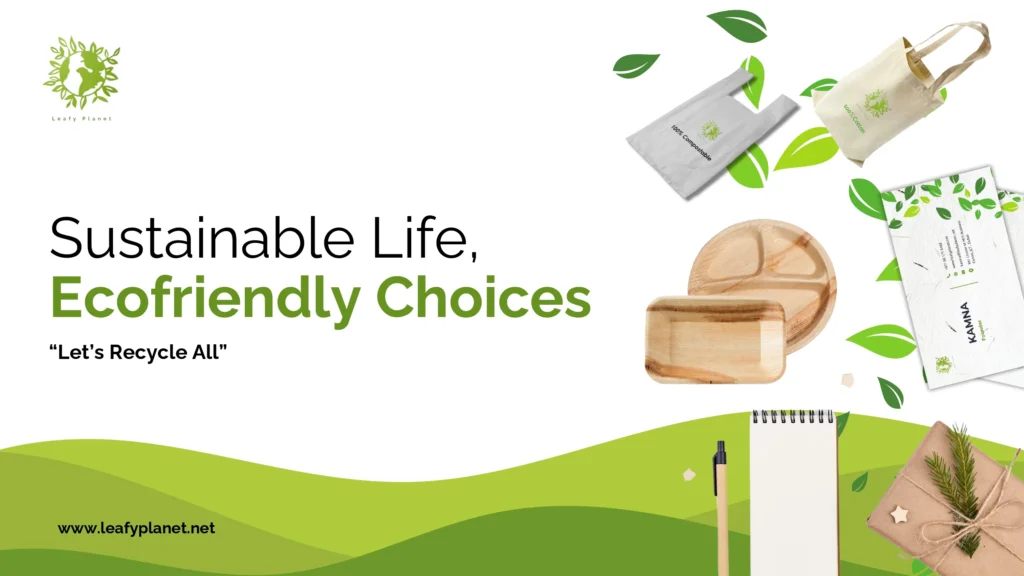
Looking to embrace a more sustainable lifestyle? Composting is a fantastic way to reduce waste and give back to the environment, all while creating a powerful tool for nurturing healthy plants. It’s a win-win for you and the planet!
Table of Contents
ToggleSustainable Perks of Composting
- Reduces Landfill Woes: Organic waste in landfills decomposes anaerobically, releasing harmful methane gas. Composting diverts this waste, creating a more sustainable waste management solution.
- Boosts Your Garden Power: Compost acts as a natural fertilizer, rich in nutrients and beneficial microbes. It improves soil structure, drainage, and fertility, leading to thriving gardens and flourishing houseplants.
- Saves You Green: Compost replaces the need for chemical fertilizers, saving money on gardening supplies in the long run.
- Lowers Your Environmental Footprint: By diverting waste and reducing methane emissions, composting contributes to a healthier planet.
way to reduce waste and give back to the environment, all while creating a powerful tool for nurturing healthy plants. It’s a win-win for you and the planet!
Getting Started with Your Sustainable Composting Adventure
Composting is easier than you might think! Here’s a breakdown to get you started:
1. Choose Your Composting Method:
- Compost Bin: Ideal for most households, offering a convenient and contained option. Look for a bin with proper ventilation and drainage. Consider a tumbling composter for faster decomposition.
- Compost Pile: Perfect for those with more outdoor space. Designate a shaded area in your yard for layering your compost ingredients.
2. Gather Your Sustainable Supplies:
Stock up on these key components for your composting journey:
- Brown Materials: These carbon-rich materials provide structure and aeration. Think shredded cardboard, leaves, twigs, and straw.
- Green Materials: The nitrogen-rich powerhouses that fuel decomposition. Use fruit and vegetable scraps, coffee grounds, tea bags, and grass clippings.
- Water: Keeps your compost pile moist but not soggy.
- The Art of Layering for Sustainable Success:
- Start with a brown material base: This allows for air circulation within the pile.
- Layer green materials on top: Aim for a 2:1 ratio (brown to green) for optimal decomposition.
- Chop or shred your materials: Smaller pieces decompose faster.
- Maintain moisture: Use water to keep the pile damp but not dripping.
- Maintaining Your Sustainable Composting System:
- Turning for Aeration: Regularly turn your compost pile with a shovel or compost fork (every week or two). This provides oxygen and speeds up decomposition.
- Moisture Monitoring: Adjust water levels as needed. Add water if dry, and mix in brown materials if too wet.
- Patience is Key: Depending on your climate and method, compost maturity can take several weeks or months.
- Reap the Rewards of Your Sustainable Efforts:
- Recognizing Mature Compost: Look for a dark, crumbly texture and an earthy smell.
- Enriching Your Garden: Mix finished compost into your garden beds for a boost in soil quality and plant growth.
- Mulch Magic: Use compost as mulch to retain moisture and suppress weeds in your garden beds.
Unlock Sustainability: Download Our Catalog Now!
Explore Our Eco-Friendly Products and Learn More About Our Green Initiatives.
Sustainable Composting Tips
- Leave Out the Unwanted: Meat scraps, dairy products, and oily foods attract pests and slow decomposition.
- Say No to Seedy Weeds: These may sprout in your compost pile, so avoid adding them.
- Start Small, Scale Up: Begin with a manageable compost pile and increase its size as you gain experience.
Embrace Sustainability, One Compost Pile at a Time!
Composting is a simple yet powerful way to integrate sustainable practices into your daily life. It reduces waste, creates a valuable resource for your garden, and contributes to a healthier environment. So why not give it a try? Remember, even small steps towards sustainability can make a big difference. Happy composting!

